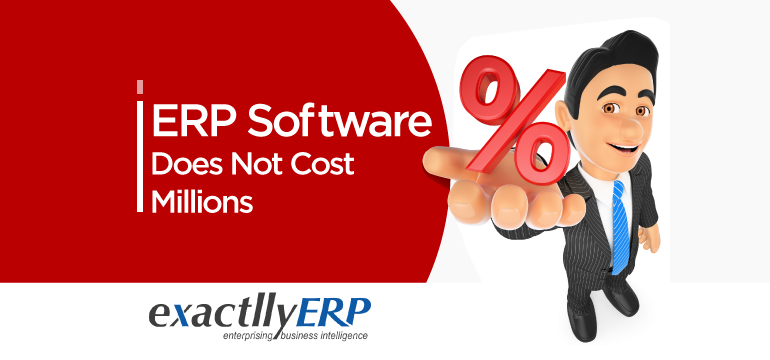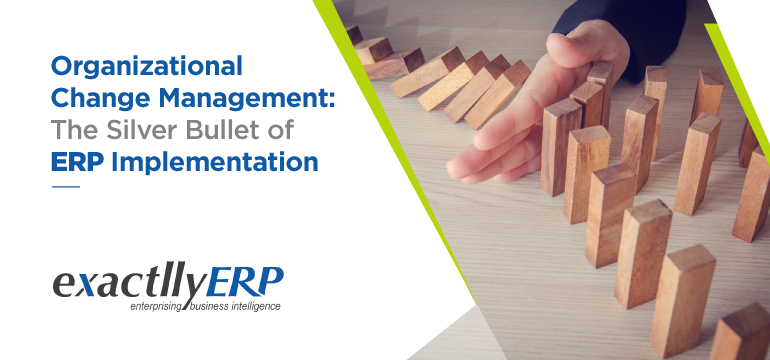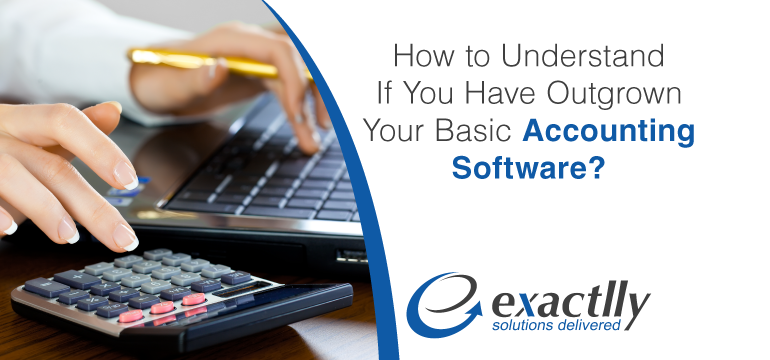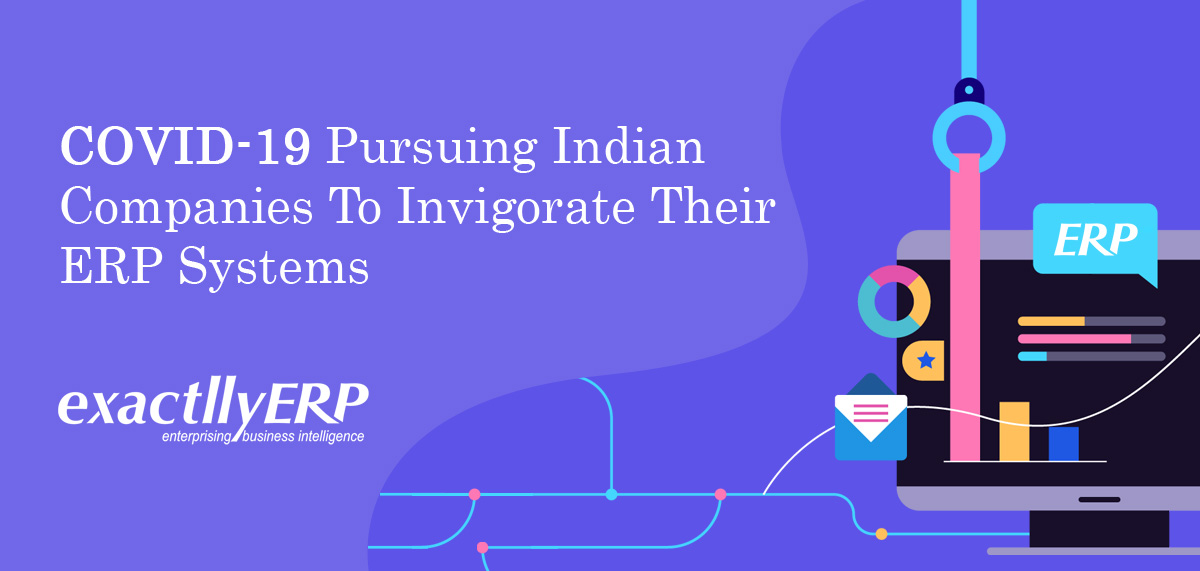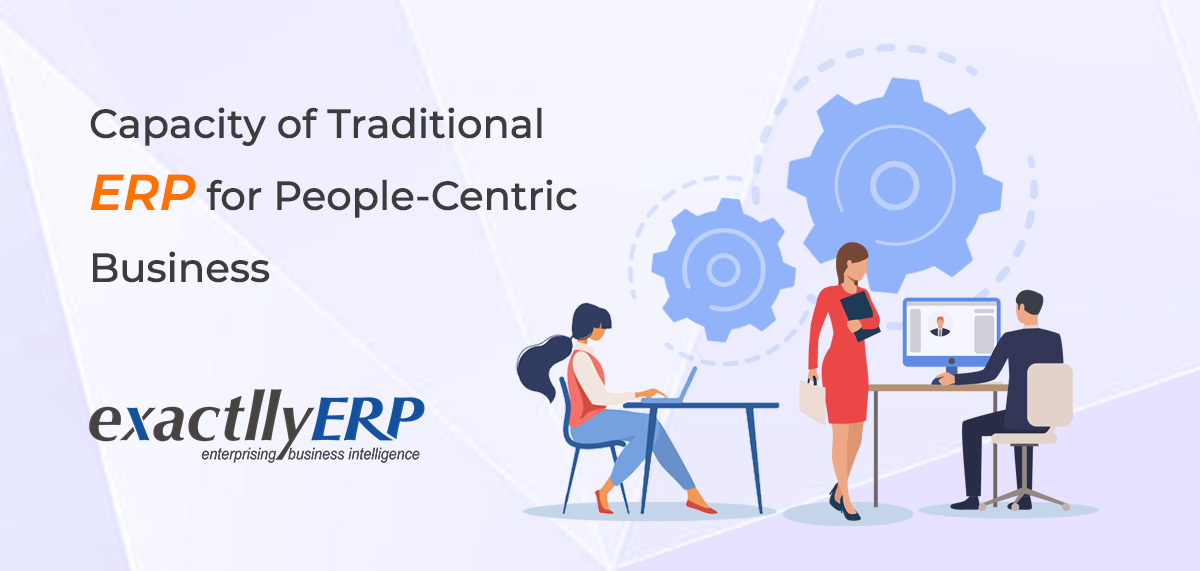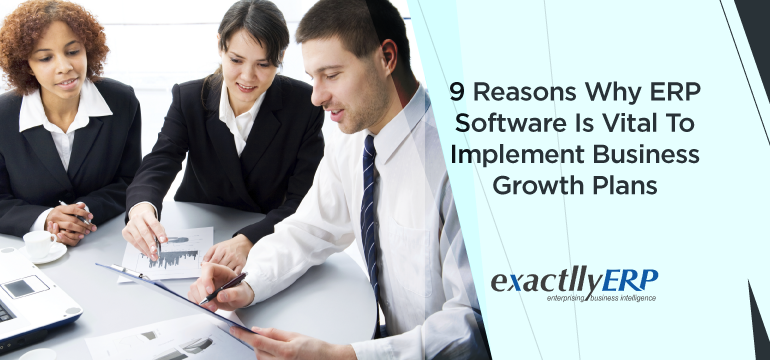Business Forecasting With ERP: Improve Business Efficiency Like A Winner
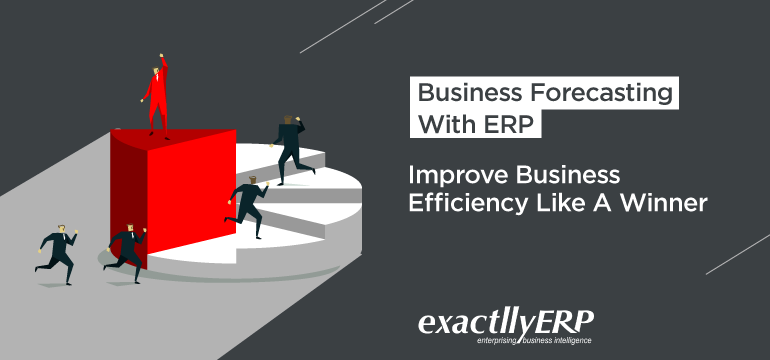
The hierarchy of every company puts particular emphasis on the phenomenon of business forecasting. It is an essential aspect of business stratification where numbers are assumed based on the current and past performance records of business and then planning is carried out for the times ahead. All business forecasting whether it is of sales, growth, economic predictions, or of internal functions, assumptions of business forecasting is risky which are unavoidable.
The economy is full of a plethora of wide swing activities that bring about significant changes in the strategic face of business. The fluctuations in the marketplace bring drastic changes to growth rate, profit margins, and even manufacturing arc, thus making business forecasting a critical factor of corporate planning.
Objectives of Business Forecasting:
Professionals can envision an economic downturn with forecasting and hence, devise a plan cutting down all costs and expenses that will give them a subtle blow. This helps the business managers a lot to adapt to the changing economy. A sudden unpredicted fall or dump in the marketplace can prove to be disastrous for the existence of many organizations; so it is essential for them to follow quarter-to-quarter steps in forecasting to avoid any mishap in their business. Even in the case of a growth spurt, the economy gets heavily affected. The dire effects of both dump and boom can be adeptly controlled with the calculated methods of business forecasting across industries.
The types of Business Forecasting: What every manager should know:
There are many ways to forecast business trends and all of them fall under two extensive categories like qualitative & quantitative. Let’s discover more about these models:
-
The Qualitative Approach –
This model is useful with short-term assumptions where there is lesser scope for forecasting. The figures in this method can be expert-driven depending on the view of the market experts or the trend of the market. If you want to strategize a successful plan for the short term, then the qualitative model is what you should seek. The model does have its limitation in regards to the measurable data, but then again, it is an assumption on the 1st hand.
Delphi model where the field experts are asked for their general opinions which are later on compiled into the forecast.
Conducting market research where the opinions of a large number of people are taken on a specific service or product to see how many people use it and what their feedback is.
-
The Quantitative Approach –
The quantitative model rules out any human assumption and depends on data generated by computers. This is because the qualitative model is infused with fickle and hasty assumptions that are too risky to be counted in. With the quantitative method, variables like real estate, GDP, and other long term measurements are gauged.
- The time series method comprises different ways that are used to predict the events ahead. This model uses fine calculations and details, like providing more reliable data. Through tracking the past figures, the time series approach gives a more trustworthy view of the average future prediction.
- An econometric model is a mathematical approach for indicating the figures. This model analyzes the internal consistency of data sets over time and how the information strengthens as time graduates. The model is many times used as custom indicators used in the academic fields for evaluating its economic policies.
- The indicator model analyzes the relationship between unemployment rates, GDP, and other economic aspects. Close monitoring determines the lagging indicators in any strategy that will make the economy face a dump.
How does the Concept of Forecasting Work?
At the practical level, there are ample variations in this concept, but at the conceptual level, the following layout is generally maintained:
- Choosing a data point
- Choosing the theoretical variable of the data set
- Assumptions of time
- Choosing a model
- Analysis of the generated data
- Verification of the generated information
Limitations of Business Forecasting:
- Live data generated will always become old at some point. Future does not guarantee in a foolproof way about the validation of the generated data.
- Unexpected events or any other externalities can cause a sudden meltdown of the generated data and set assumptions ruling out every alteration.
- Forecasts have their own impact, which can be accurate or inaccurate. The business actions are based on factors that cannot be included as variables. This concept has a knot and in the undetermined scenario, the hierarchy becomes too much dependent on the figures.
What is ERP Forecasting? The role of ERP in Forecasting:
Business can never be stagnant; with the turbulent market movements, it faces ups & downs every day. A lot of conditions affect this surge and dump of the business and to stay on the side of prosperity in any situation, ERP plays an important role. Here’s how the forecasting module in ERP works:
-
Demand Forecasting –
Demand forecasting is the way of predicting the number of orders a business can receive the next time. This predicted figure is based on the past records or the demand arc and the current scenario of the product or service in the market competition. When coupled with CRM, the ERP can predict which demands can convert in the long run.
-
Financial Forecasts –
ERP predicts the cost and revenue flow of the future, which helps in the formation of the budget. Also, a business can analyze how much capital it might have to borrow to meet unprecedented future demands. Financial forecasting is imperative when long-term projects are considered.
-
Recruiting & Scheduling jobs –
Recruiting is an essential task for a company as it manages the workforce equilibrium without hampering the production flow. Also, the software analyses the outflow of employees from the company in the past and reports the required number of employees to fill.
Supply:
Just like the demand, even the supply chain too can have forecasts for optimal management of the inventory. A proper supply forecast picture will eliminate all chances of extra production and wastage saving resources.
Not only these, but the benefits of forecasting in business with ERP also comes with more solutions. Other than the internal business predictions, today’s advanced ERP can even predict many external factors of the economy that can affect the business flow both in a positive and negative light.
Choose the best, choose Exactlly as its ground-breaking business management solutions are designed to be at par with your business. Customize your needs and integrate the solutions and reach your business goals backed by advanced technology and seamless workflow. Feel free to Contact Us and get a Free Demo.

